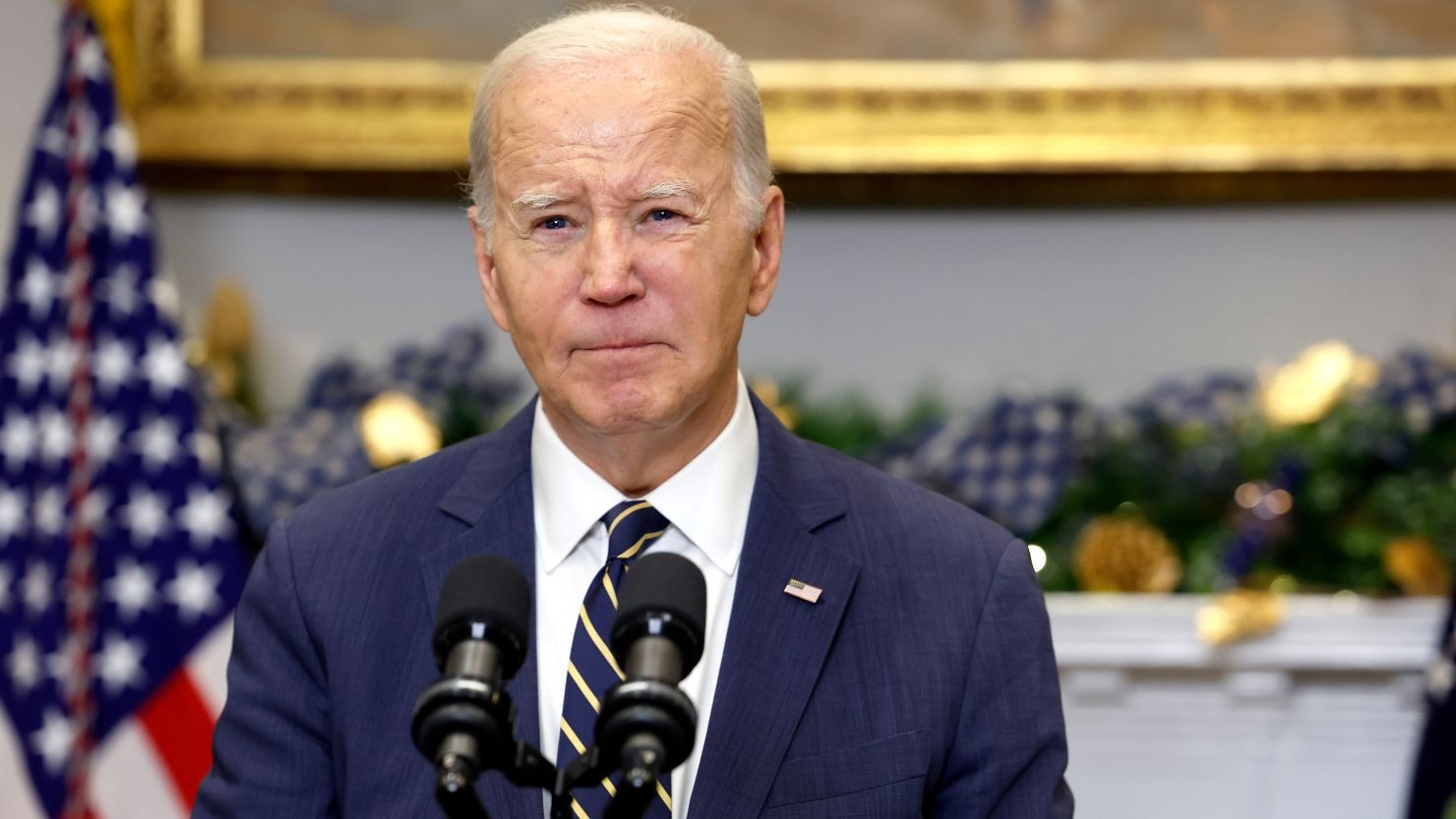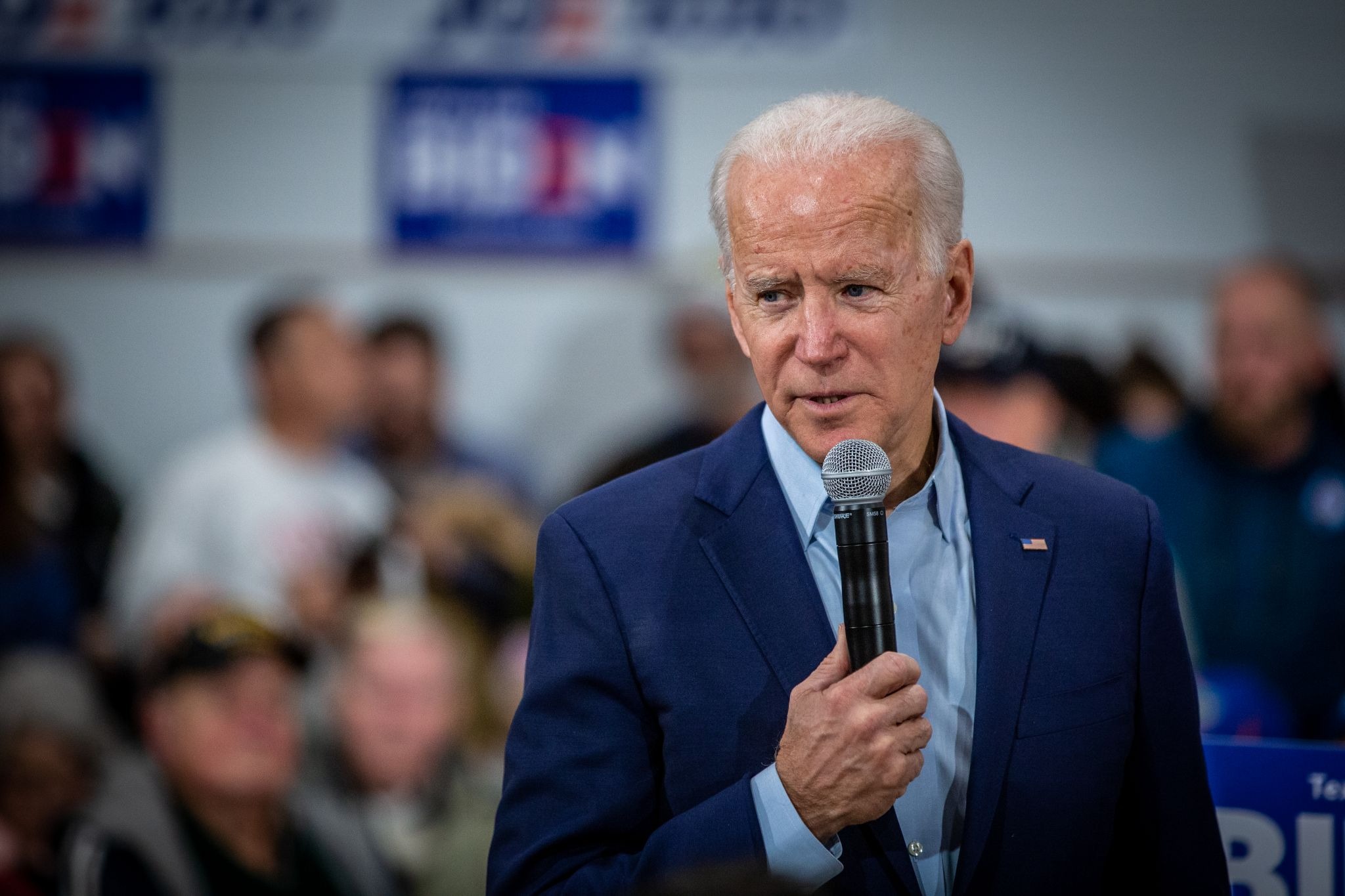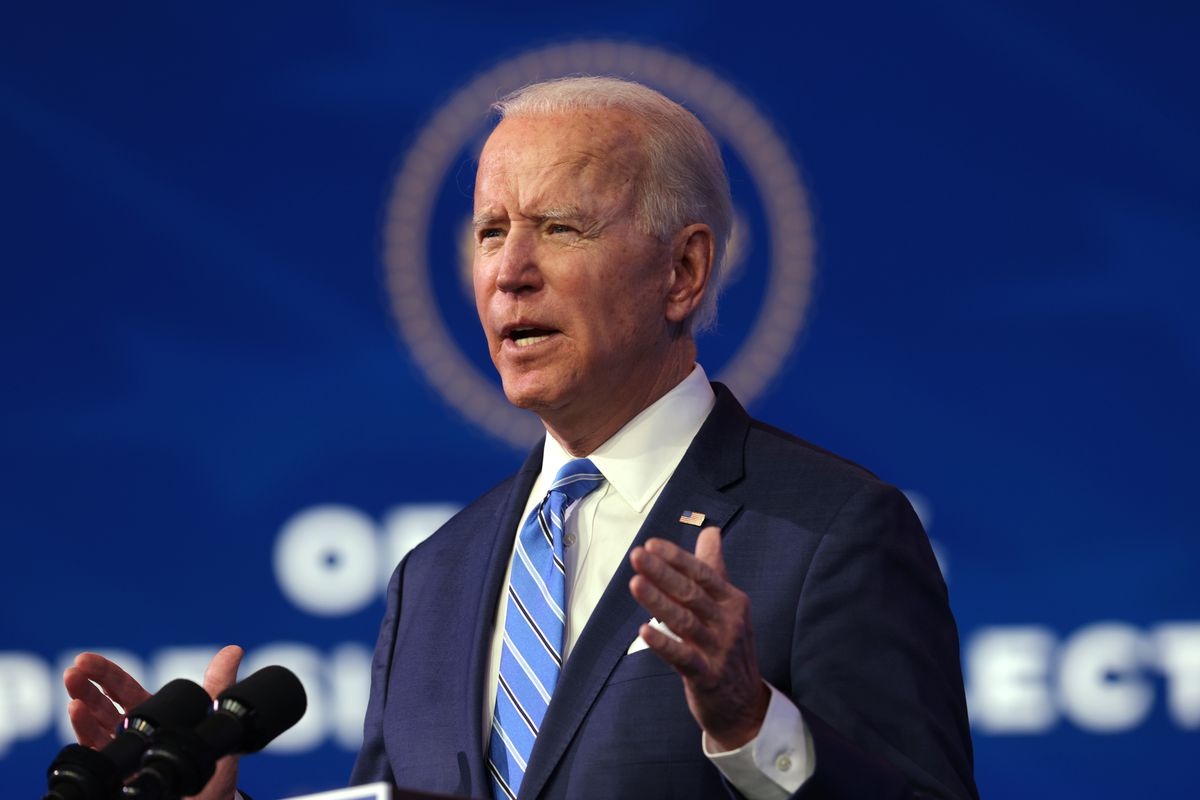On March 9, 2021, under the early tenure of President Joe Biden, the U.S. government made a decision that might not have grabbed headlines but had profound implications for Venezuelan nationals residing in the States. This decision granted Temporary Protected Status (TPS) to potentially 320,000 Venezuelans.
TPS differs from asylum because it’s designed for non-citizens already in the U.S. who would face danger if returned to their home country. It also allows recipients to apply for work permits within the U.S.
Before this action, TPS was primarily extended to individuals from countries engulfed in severe conflict or natural disasters. Extending it to Venezuelans, a population fleeing economic and political turmoil rather than outright war, marked a major policy shift.

President Joe Biden (Credits: CNN)
This move, however, seemed to encourage a larger wave of migration from Venezuela to the U.S., creating a pressing challenge for Biden, especially amidst his reelection campaign. Addressing this issue has become critical for the Democratic Party’s aspirations in the upcoming elections.
The crisis in Venezuela stems from a profound economic, social, and political collapse under Nicolás Maduro’s regime, which followed Hugo Chavez. The country has suffered from deteriorating democratic institutions, oppression of opposition, and economic disasters, including hyperinflation and an economic downturn. The U.S. imposed sanctions aimed at destabilizing Maduro’s rule, but these measures have also been linked to exacerbating Venezuela’s plight.
As a result, a staggering 7.3 million Venezuelans have fled their homeland over the past decade, seeking refuge abroad, including in the U.S. This mass migration has intensified political and logistical challenges at the U.S. southern border, putting Biden’s immigration policies under scrutiny.
Biden’s administration, recognizing the U.S.’s role in Venezuela’s hardships, granted TPS to a large number of Venezuelan migrants. While this gesture was intended as humanitarian, it has faced criticism for its execution and the strain it has placed on U.S. cities and resources.
In Chicago, for example, the influx of Venezuelans has overwhelmed shelters and sparked growing resentment, illustrating the tangible impacts of the policy on local communities.

President Biden (Credits: Stump & Associates)
The Biden administration‘s handling of the situation has been questioned, particularly in light of mixed signals regarding the safety of returning to Venezuela and the failure to address immigration and asylum policies more broadly.
This inconsistency and a perceived lack of clear communication and policy direction from the White House have fueled discontent and political opposition, casting a shadow over Biden’s leadership on immigration issues.
Despite these challenges, Biden must justify his policies and present the U.S.’s continued acceptance of migrants and asylum seekers as a positive contribution to the country.
This includes addressing public concerns, changing political opposition, and finding sustainable solutions for the crisis at the southern border. The administration’s response to this complex issue will likely shape the political landscape and the future of U.S. immigration policy.























